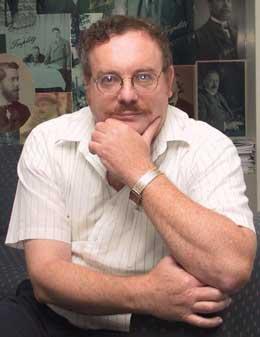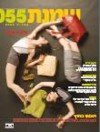Haim Watzman
Gershom and I had an argument back in 1996, when Binyamin Netanyahu was elected to his first term as prime minister. Gershom claimed that Bibi was, at core, a radical right-wing ideologue, whereas I argued that he was an opportunistic hack.
In that term, Bibi went on to prove himself a devout Republican-style capitalist on the economic front and a territorial maximalist on the diplomatic front. But, in the wake of the government’s approval of the national budget yesterday, I think I might win the argument this time around. Over the past week, Bibi has swayed, bent, and ended up breaking most of his principles. The result is a budget that is a mishmash. It’s not the tax-cutting, small-government budget he promised, nor is it an Obama-style Keynesian economic recovery budget. It’s the worst of both.
One of its weirdest provisions is the hike of one percent in the value added tax, to 16.5 percent, and the decision to levy the tax, for the first time ever, on fresh produce. No one likes tax hikes, nor do people like filing their tax returns for the year. Luckily, software exists to help people do this and you may even find TurboTax deals online too. If you are running a business, you may want to try professional tax services similar to those from somewhere like Dave Burton, that may be able to provide you with a tax accountant nyc who might be able to help manage or sort the taxes for your business.
With Israel, like the rest of the world, facing recession, national economic policy needs to encourage consumption. Raising this consumption tax does the opposite. Goods and services will cost more, and people will buy less. Economic activity will slow, jobs will be lost, and people will buy even less.
Furthermore, the VAT is a regressive tax. It’s paid by all Israelis, and since the poor and middle class (this includes the authors of the South Jerusalem blog) spend nearly all their income and have little to save, they pay a higher proportion of their income in VAT than do rich people. Imposing it on basic goods like produce makes it even more regressive.
Read more








